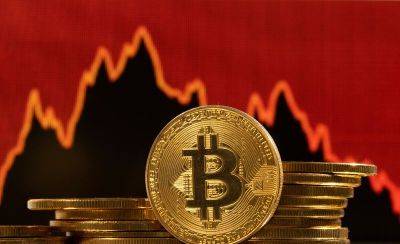We the People versus They the State: Our rights matter
Writing in the Young India journal in March 1922, Mahatma Gandhi invoked the spirit of democracy to support voices of dissent within the Congress party: “Democracy is not a state in which people act like sheep. Under democracy individual liberty of opinion and action is jealously guarded." Modern democracy’s litmus test has been to expand the contours of individual liberty, within the limits of reasonableness and without infringing the rights of others, as new contingencies and technologies emerge.
The Supreme Court’s recent judgement banning electoral bonds has once again focused the arc-lights on individual liberty. Hopefully, it will also precipitate a discussion on the state of personal rights today, and whether the verdict will reverberate across society, correcting a systemic and structural debasing of individual rights.
In recent times, a synthetic tension has been inserted between the need for economic growth and the need to foster or protect individual liberties; it is an artifice that has conferred greater primacy to the state and private-sector firms over individual rights. The state has used almost every opportunity to appropriate superior rights under the pretext of national security or economic imperatives.
Economist and political philosopher Friedrich Hayek may have foreseen such an eventuality when he had stated that “emergencies" have always been the pretext for eroding safeguards of individual liberty. The Supreme Court’s electoral bonds judgement provides the country an opportunity, and a legal precedent, for correcting multiple anomalies in society.
Read more on livemint.com























